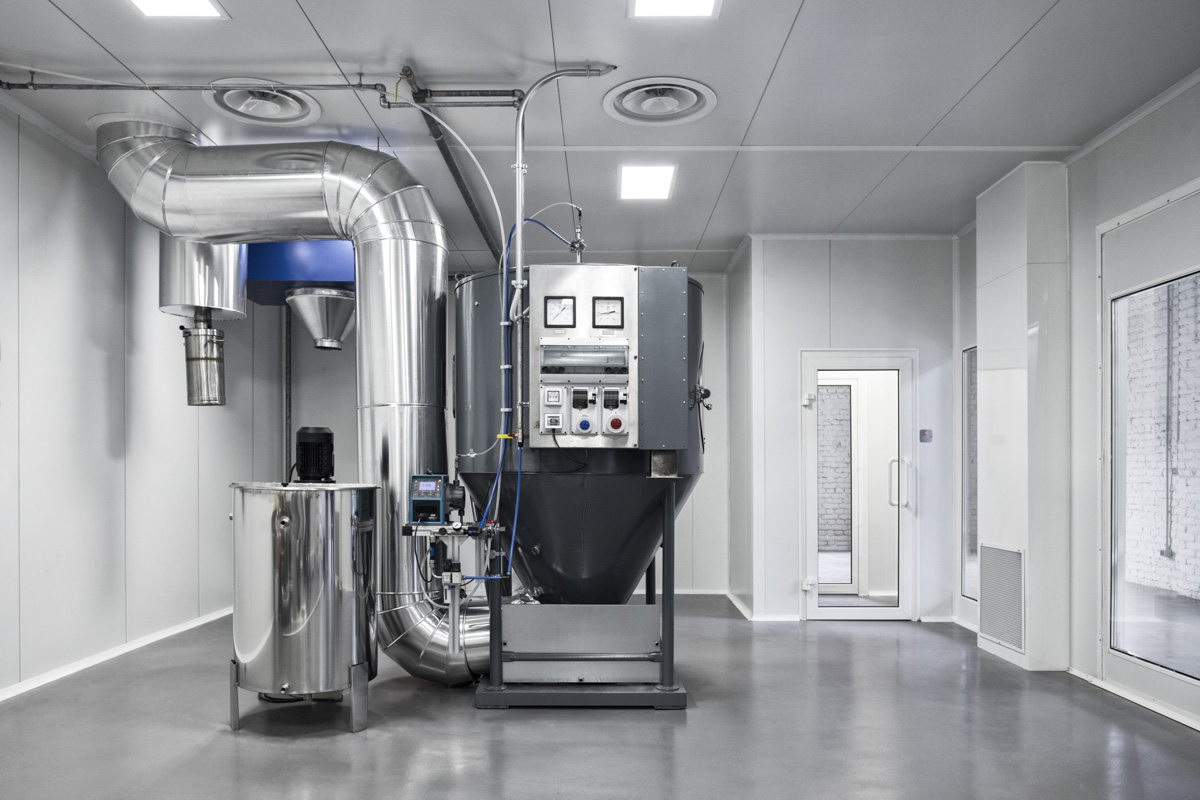


13-11-2020
La Provincia
Villa Erba. Last day of the digital edition with more than 3,500 participants also from abroad
Two years ago the turnover of the technology of the future was 1.6. Cesareo and the Como recipe
Technology and, in particular, artificial intelligence are galloping. The turnover for business applications will rise to 31.2 billion in the world in 2025, while in 2018 they were 1.6.
A surge that emerges in the report officially presented yesterday at the World Manufacturing Forum in Cernobbio.
Beyond the figures
The second and last day of the digital edition of the Villa Erba event, confirmed the high turnout (more than 3,500 participants online from all over the planet). On Wednesday, we focused on the “New Normal” as it has been defined as the way in which companies, starting from manufacturing, hope to be born. Yesterday Professor Marco Taisch, Scientific Chairman of the WMF, presented the 2020 report on “Manufacturing in the era of artificial intelligence”. An accurate journey into the metamorphosis.
The research explores the various applications in the production value chain, investigates how Artificial Intelligence is transforming the workforce, focuses on the challenges that it must face in terms of ethics and policies to be adopted.
With a basic reasoning: “Artificial intelligence is only a technology, but it is increasingly part of our daily life – observed the professor – Manufacturing is a positive engine for the well-being of society, so in the 2020 edition of the WM Report we asked ourselves how artificial intelligence can improve that role. The answer, in this historical phase, is that the understanding of the potential of Artificial Intelligence – its implications for organisations and its applications – is becoming increasingly relevant for many citizens, governments and companies, also with a view to competitiveness”.
An increasingly widespread conviction and indeed also in the companies of our territory the positive tension towards these issues is felt throughout, in small and large companies. The Covid era is also the one that has highlighted the need for constant investment and training in this field. Even just on digitisation there is a recent figure that makes us stop and reflect: while the Chamber of Commerce calls to tender in recent years had to be relaunched to attract companies, now the most recent one for 144 thousand euro has received requests for an amount that is three times as much.
The experiences of Como
And there is no shortage of Como experiences in Cernobbio: for example, that of Directa Plus, the ComoNext company that is growing in the sign of nanotechnological graphene and its applications, through the voice of the CEO Giulio Cesareo: “The path to sustainability goes from protecting people, the environment and being profitable”. For the Como-based enterprise, crucial is – he remarked – gender equality, many young women have been recruited and work only with partners that show the same philosophy towards the atmosphere.
Of course, this technological growth also leads to a constant updating of skills in companies, as is shown in the report.
But how is it possible to adopt a model that is respectful of the human factor? It has been calculated that if in 2018 19% of decisions come from the machine, in two years they will already rise to 28%. When processing data, the jump is from 47% to 62%. The other side of the coin is that more than 130 million new roles by 2022 will be the result of a new division of labour between humans and machines.
The decalogue of recommendations starts from the feeding the public debate to increase understanding and build trust in artificial intelligence systems. Then it is necessary to manage the expectations of manufacturers, implement ethical reflections throughout the entire life cycle, guarantee the quality, privacy and availability of data, put human beings at the centre of the work environment.
Furthermore, it is considered important to ensure the strategic alignment of “AI” throughout the organisation, to support small- and medium-sized manufacturing companies in their path towards this goal, to promote it to support resilient supply networks, to educate and train the current and future workforce to work with artificial intelligence. Last but not least, we recommend implementing standards, policies and regulations to drive its sustainable adoption.